With Tom Baker turning 90, we take a look at some of the greatest Doctor Who stories from his era…
The Deadly Assassin
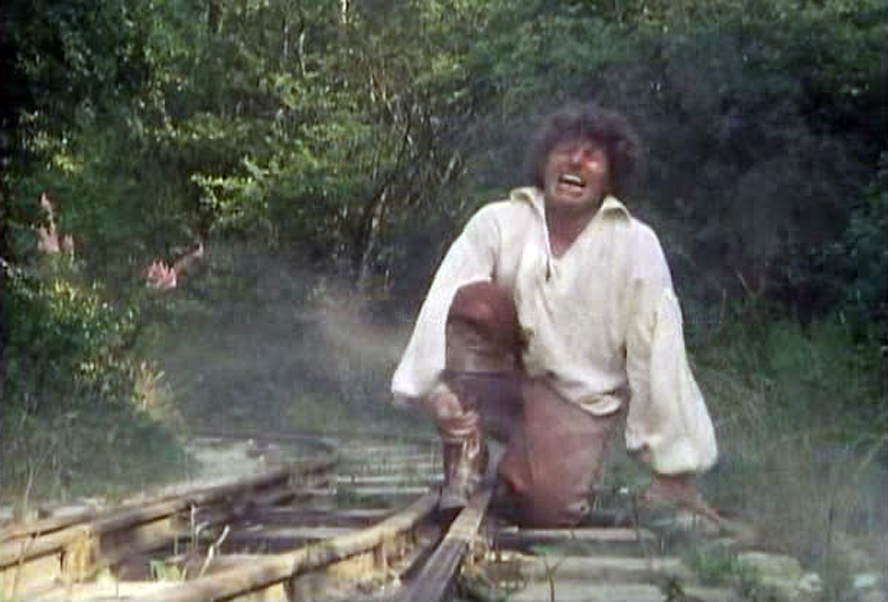
Most Doctor Who stories see our favourite Time Lord on an adventure with a companion or two, but there are of course exceptions. Tom Baker was forever badgering the producer Philip Hinchcliffe about whether he actually needed a companion. Hinchcliffe pointed out that the Doctor needed someone to talk to, and Baker said he could simply talk to himself!
And whilst this might not have worked for an entire series of Doctor Who stories, Hinchcliffe did relent in Season 14 and gave the Time Lord the opportunity to fly solo. This happened in ‘The Deadly Assassin’ by Robert Holmes, which saw the Doctor returning to his home planet only to be framed for a crime he didn’t commit – namely, murdering the president. Suddenly finding himself a hunted man, the Time Lord went on the run and ended up trapped in the nightmarish, virtual world of the Matrix, where he was stalked by his foe.
This adventure is a testament to Baker’s power as an actor that he was able to carry it single-handedly, although it did prove to be one of his more controversial Doctor Who stories; the campaigner Mary Whitehouse was particularly unimpressed with the attempted drowning scene at the end of part three.
Pyramids of Mars
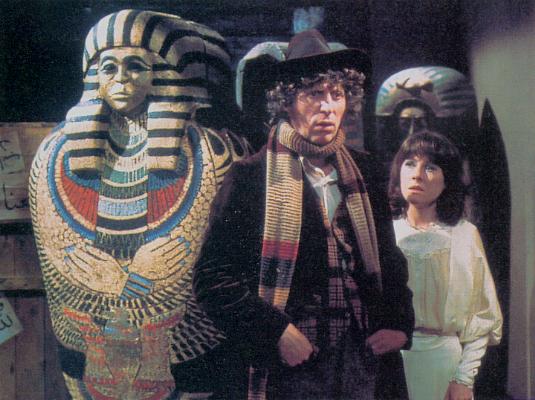
Robert Holmes wrote what are widely regarded as some of the greatest Doctor Who stories of all time, and ‘Pyramids of Mars’ was one of them. Nestled in Tom Baker’s second season, this adventure saw the Time Lord and Sarah Jane tackle the evil Egyptian god Sutekh and his army of robot mummies, as he fought to free himself from his prison on Mars.
There is nothing overly spectacular or ground-breaking about ‘Pyramids of Mars.’ It’s simply a well-written, highly enjoyable adventure, brilliantly performed and tightly-executed. It is also one of the few Doctor Who stories to seriously play around with the concept of time travel; there is a particularly chilling moment where the Doctor shows Sarah what will happen to planet Earth if Sutekh isn’t defeated.
The Talons of Weng-Chiang
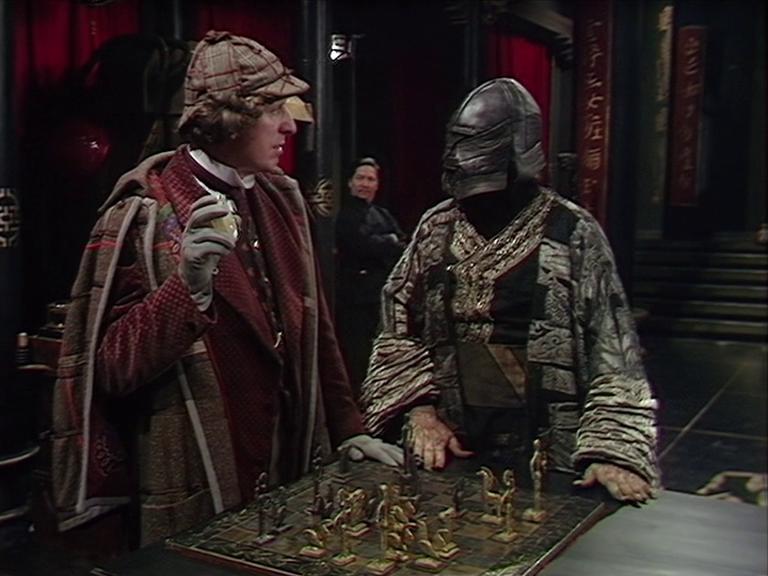
Robert Holmes once said that original ideas were fine, but they didn’t have to be your original ideas! ‘The Talons of Weng-Chiang’ borrows shamelessly and liberally from a number of books, television shows and films, in particular Sherlock Holmes and the Fu Manchu movies.
It’s all set against the backdrop of the swirling fog of Victorian London, and there’s a mysterious killer on the loose, referencing the real Jack the Ripper killings which terrorised London towards the end of the 19th century. In ‘The Talons of Weng-Chiang,’ the Doctor plays detective, and even dresses as Sherlock Holmes with his trademark deerstalker and cape, as he attempts to unravel the Mystery of the Missing Girls.
And like all good Doctor Who stories, this particular adventure is the perfect blend of real history and science fiction; the foe is from the future, horrendously disfigured after one of his time travel experiments went wrong, and he’s posing as a Chinese god. In the meantime, he has enlisted the help of a crooked Victorian illusionist to do his bidding, together with a murderous ventriloquist’s dummy.
But what really shines through in ‘The Talons of Weng-Chiang’ is the characterisation. In fact, two of its characters – Henry Gordon Jago and Professor Litefoot – were almost given their own spin-off series in the late 70s. This plans were later fulfilled by Big Finish, who took up the mantle on audio.
City of Death
It would be impossible to make a list of Tom Baker’s greatest Doctor Who stories without mentioning ‘City of Death.’ It may seem like a cliched choice, but it is genuinely regarded as one of the greatest adventures of all time, and to date it holds the record for the highest viewing figures. Admittedly, this may have been down to the fact that ITV was off the air due to strike action, but let’s not dwell on that.
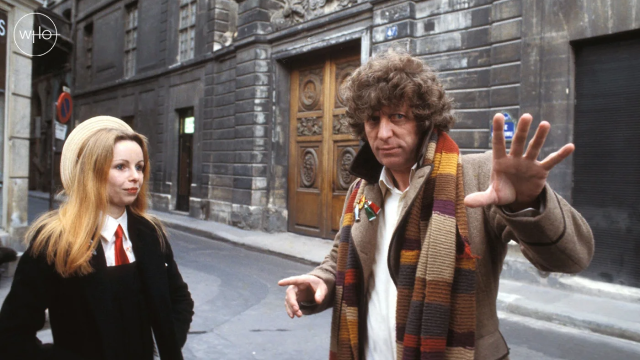
Unusually for Doctor Who, the production team was afforded the luxury of being able to film abroad, and the team crossed the Channel for an extensive location shoot around some of Paris’ most famous landmarks. This, together with the catchy continental score from composer Dudley Simpson, gave the adventure a wonderfully cinematic feel, and really set it apart from the other Doctor Who stories of its time.
And who could forget the hilarious cameo appearances from John Cleese and Eleanour Bron, who guested as confused art critics…
Genesis of the Daleks
Finally, ‘Genesis of the Daleks’ may not only be one of the best Fourth Doctor adventures, but possibly one of the greatest Doctor Who stories of all time. It came in Tom Baker’s very first season, and saw the Time Lord on a dangerous mission to avert the creation of his deadliest enemies, the Daleks.
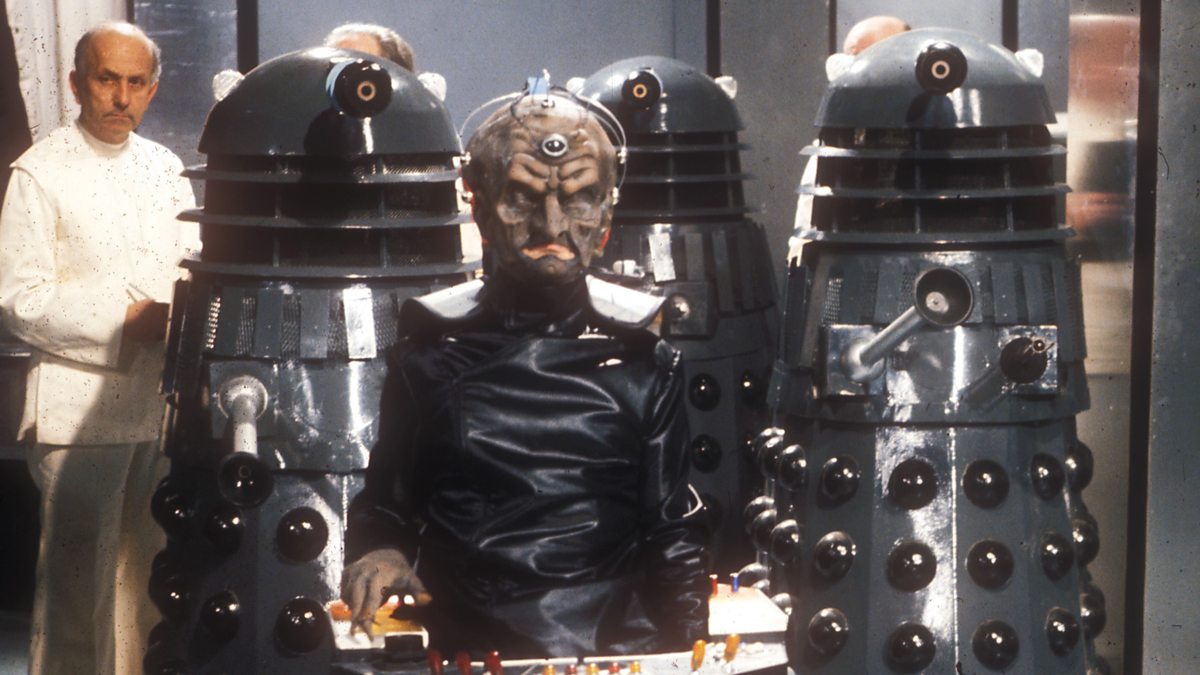
It is a bleak and gritty Doctor Who adventure, and possibly the darkest ever from writer Terry Nation, who also created the Daleks back in 1963. Of course, in ‘Genesis’ the real creator is the demented Davros, a scientist who is seeking to ensure the survival of his own race the Kaleds in the midst of the bloody, endless war with their sworn enemies the Thaals.
Certainly, it’s not the cosiest or funniest of Doctor Who stories, but it’s dramatic and shocking. ‘Genesis of the Daleks’ marked a turning point in Doctor Who history, and Davros would continue to make appearances in the series up to the present day, although in modern times he has lost his trademark Dalek base. But it’s no understatement to say that the Whoniverse would be a very, very different place if ‘Genesis of the Daleks’ had never been made.
In short, it’s a very atypical Doctor Who adventure, but frequently tops fan polls to find the greatest story of all time. If you’ve never seen it, stop everything and log onto iPlayer, or better still watch the adventure in the Season 12 Blu-ray collection.
But is ‘Genesis of the Daleks‘ really one of the greatest Doctor Who stories of all time? And which Fourth Doctor adventures are your favourites? Let us know in the comments below.










Deadly Assasin started it. The scene where the 4th Doctor is almost drowned by The Master? That unhinged a woman named Mary Whitehouse she thought that scene went too far. Took almost 20 years to get it (Temporarilly Mary sorry) off the air.